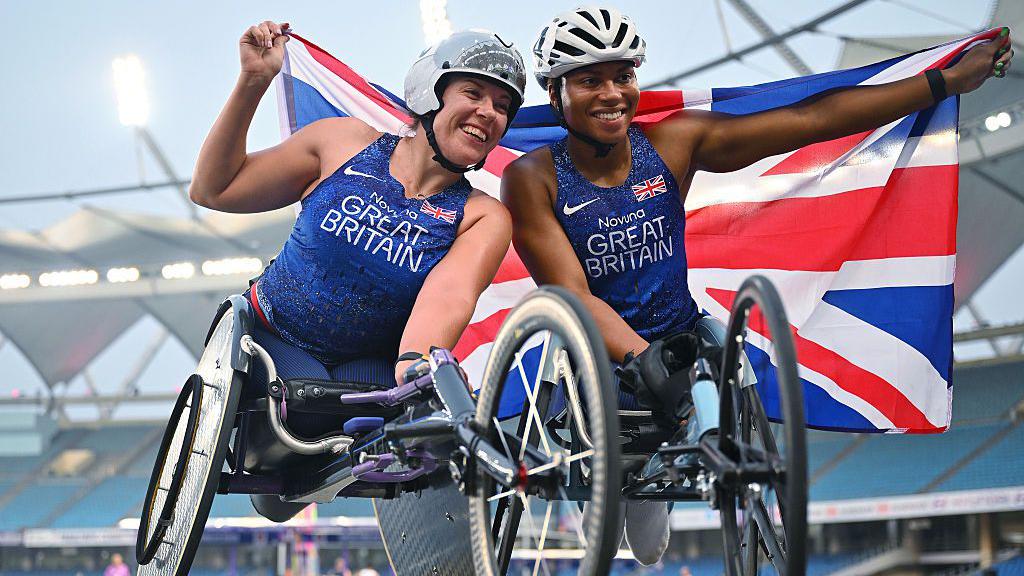The World Para Athletics Championships in Delhi ended with record-breaking performances, emotional victories, and a strong sense of national pride for India, even as empty seats and political tensions cast a shadow over the event.
Hosting the championships for the first time, India celebrated a historic 22-medal haul, marking its best-ever performance at a global para-athletics event. The visually impaired sprinter Simran Sharma became a national star, claiming gold and silver in the T12 sprint events and inspiring millions across the country. Officials hailed the tournament as a breakthrough moment for disability sport in India, showcasing its ability to host world-class competitions and raising public awareness of para-sport.
Across nine days of competition, 35 world records and 104 championship records were broken, highlighting rapid progress in technology, training, and participation. More than 100 countries competed, with 45 winning at least one gold and 64 making the medal table—figures consistent with previous editions, reflecting the sport’s growing global depth.
For Great Britain, the championships brought a mix of experienced triumphs and emerging talent. The team secured 25 medals—seven gold, five silver, and 13 bronze—placing seventh overall. Veteran champions Dan Pembroke, Aled Davies, and Hannah Cockroft continued to dominate their events, while newcomers such as Victoria Levitt and Finlay Menzies made impressive debuts. Levitt, competing in her first world championships, claimed gold in the T44 100m and silver in the 200m, while wheelchair racer Nathan Maguire took bronze in the T54 1500m, defeating several high-profile rivals.
Despite sporting success, the championships were not without controversy. Pakistan boycotted due to regional tensions, and the participation of Russian and Belarusian athletes as “Neutral Paralympic Athletes” reignited debate within the sporting community. Low spectator turnout also disappointed many athletes, with some expressing frustration that even free-entry sessions failed to attract crowds.
Yet amid challenges, the event highlighted the transformative power of para-sport. For athletes such as Sharma, every medal symbolized perseverance against barriers ranging from accessibility to infrastructure. As the world awaits confirmation of the next host city, Delhi 2025 stands as a testament to resilience, unity, and the enduring pursuit of inclusion in global athletics.

